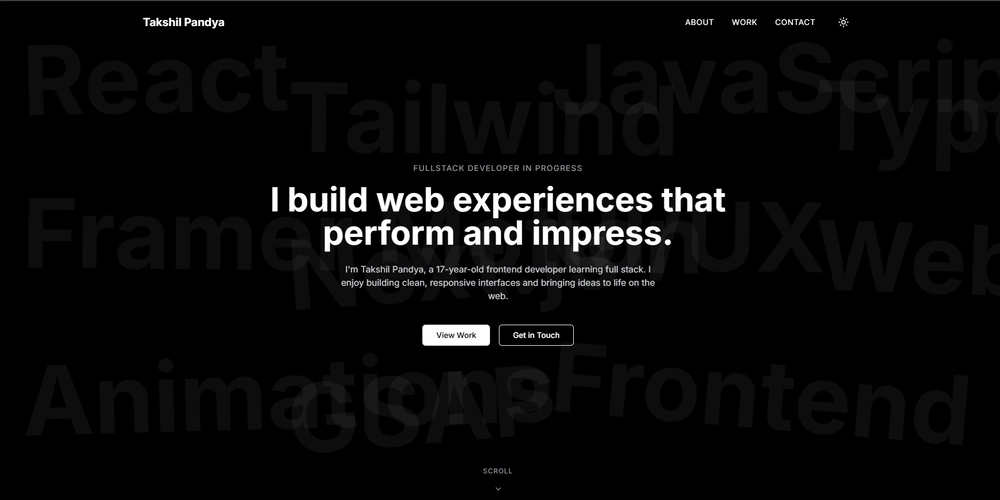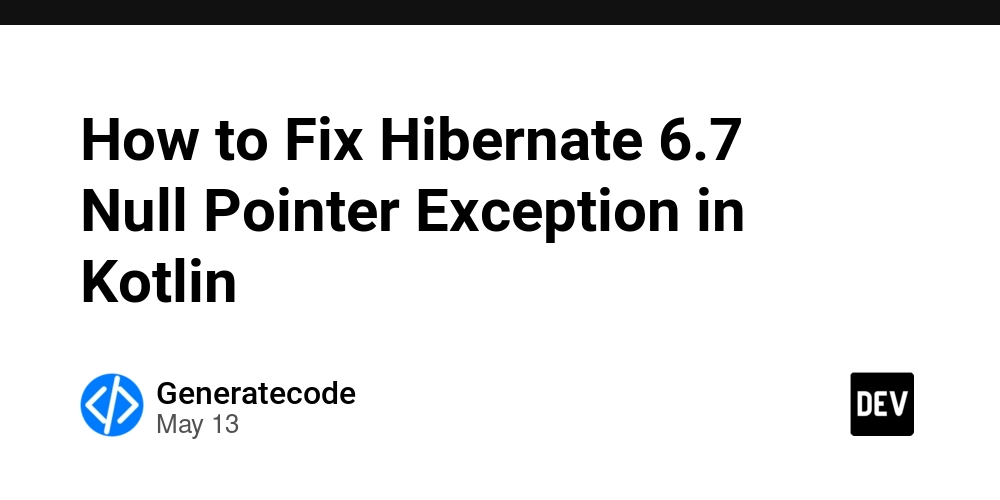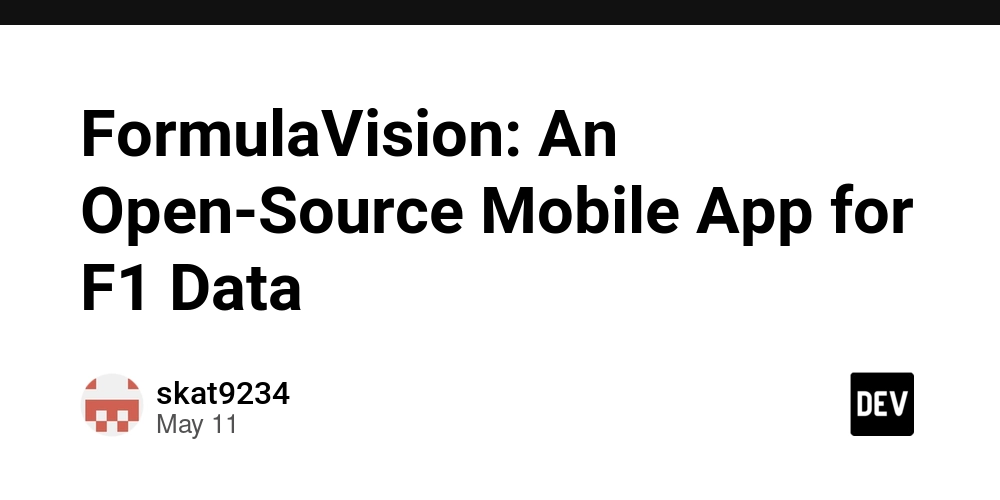DevOps in 2025
When someone says, “I want to become a DevOps engineer,” I challenge them: “Are you chasing a title or building a mindset?” DevOps has never been about job descriptions. It’s not a role to claim, but a philosophy to embody. While tools like Kubernetes and CI/CD pipelines dominate conversations, the heart of DevOps lies in three irreplaceable traits: The Myth of the "DevOps Job" Early in my career, I thought DevOps was a destination a title to earn. I stacked certifications, memorized tools, and chased job postings. But teams remained fractured. Deployments still failed. I learned the hard way: you can’t automate culture. DevOps isn’t a department. It’s the rhythm of how teams think, act, and solve problems together. The Three Truths of Real DevOps Code with Empathy Developers who ask, “How will this run in production?” Operators who ask, “How can we build this faster?” The best DevOps practitioners live in both worlds. Automate the Process, Not the Purpose Tools are enablers, not end goals. A perfect pipeline means nothing if teams still blame each other for outages. Own Outcomes, Not Tasks Silos crumble when a developer troubleshoots a deployment or an operator suggests a code improvement. You Already Practice DevOps, You Just Don’t Know It I’ve seen “QA engineers” advocating for infrastructure-as-code. I’ve watched “sysadmins” teaching developers about monitoring. These people didn’t have DevOps titles, they had curiosity and a bias for action. If you’ve ever: → Automated a manual process, → Shared knowledge across teams, → Fixed a problem outside your “scope,” You’ve practiced DevOps. The Future: No Titles, Just Impact By 2025, the DevOps title will fade. What will remain? Teams, not roles, owning reliability. Collaboration, not job descriptions, driving innovation. Impact, not titles, defining success. Finally Forget chasing the “DevOps engineer” label. Start solving problems that matter. Automate friction. Bridge gaps. Measure success by how seamlessly your team delivers, not by the words on your LinkedIn profile. To those reimagining their path: How are you shaping DevOps culture without the title? Let’s share stories of impact over job descriptions. Is DevOps a title or a mindset in your world? Join the conversation below. 7,000+ DevOps Interview Questions: Master Cloud, Kubernetes, and CI/CD Prepare for your dream DevOps role with this question bank! Whether you're just starting out or are an experienced professional, this guide offers over 7,000 expert-curated questions covering: Cloud Platforms: AWS, Azure, and GCP Kubernetes & Docker: From basics to advanced orchestration CI/CD Pipelines: Questions on Jenkins, GitLab, and Azure DevOps Infrastructure as Code (IaC): Terraform, Ansible, and more Monitoring & Logging: Prometheus, Grafana, and real-world scenarios This book doesn’t waste time on unnecessary theory. Instead, it focuses on real-world interview questions to help you prepare smarter and faster.What You’ll Get:✔ Over 7,000 focused questions to prepare for DevOps roles✔ Topics ranging from Linux commands to advanced CI/CD setups✔ Real-world examples and hands-on scenarios for better learning✔ Immediate access to a digital downloadWho Is This For? Job Seekers: Preparing for DevOps, cloud, or Kubernetes interviews Students: Learning Cloud, CI/CD, and automation Professionals: Upgrading skills or preparing for certifications Why Choose This Book?✔ Comprehensive coverage of DevOps essentials✔ Simple, clear, and easy to follow✔ Designed to save you time and focus on what mattersYour next job or promotion starts with the right preparation. Let this guide take you there!Table of Contents1. Introduction to DevOps 172. Interview Question Related to Networking in DevOps 19Beginner Level Networking Questions 20Intermediate Level Networking Questions 24Advanced Level Networking Questions 28Advanced Pro-Level Networking Questions 32Pro-Level Advanced Networking Questions 383. Interview Question Related to Operating System: Linux command 46Beginner Level Linux Command Questions: 46Intermediate Level Linux Command Questions: 51Advanced Level Linux Command Questions: 55Pro-Level Advanced Linux Command Questions: 594. Interview Question Related to Version Control: Git 64Beginner Level Git Questions: 64Intermediate Level Git Questions: 69Advanced Level Git Questions: 775. Interview Question Related to Infrastructure as Code (IaC): Terraform 87Beginner Level Terraform Questions: 87Intermediate Level Terraform Questions: 92Advanced Level Terraform Questions: 1016. Interview Question Related to Containerization with Docker 110Beginner Level Docker Questions: 111Intermediate Level Docker Questions: 115Advanced Level Docker Questions: 1237. Interview Question Related to Continuous Integra

When someone says, “I want to become a DevOps engineer,” I challenge them:
“Are you chasing a title or building a mindset?”
DevOps has never been about job descriptions.
It’s not a role to claim, but a philosophy to embody. While tools like Kubernetes and CI/CD pipelines dominate conversations, the heart of DevOps lies in three irreplaceable traits:
The Myth of the "DevOps Job"
Early in my career, I thought DevOps was a destination a title to earn.
I stacked certifications, memorized tools, and chased job postings. But teams remained fractured. Deployments still failed. I learned the hard way: you can’t automate culture.
DevOps isn’t a department. It’s the rhythm of how teams think, act, and solve problems together.
The Three Truths of Real DevOps
Code with Empathy
Developers who ask, “How will this run in production?”
Operators who ask, “How can we build this faster?”
The best DevOps practitioners live in both worlds.Automate the Process, Not the Purpose
Tools are enablers, not end goals. A perfect pipeline means nothing if teams still blame each other for outages.Own Outcomes, Not Tasks
Silos crumble when a developer troubleshoots a deployment or an operator suggests a code improvement.
You Already Practice DevOps, You Just Don’t Know It
I’ve seen “QA engineers” advocating for infrastructure-as-code. I’ve watched “sysadmins” teaching developers about monitoring.
These people didn’t have DevOps titles, they had curiosity and a bias for action.
If you’ve ever:
→ Automated a manual process,
→ Shared knowledge across teams,
→ Fixed a problem outside your “scope,”
You’ve practiced DevOps.
The Future: No Titles, Just Impact
By 2025, the DevOps title will fade. What will remain?
- Teams, not roles, owning reliability.
- Collaboration, not job descriptions, driving innovation.
- Impact, not titles, defining success.
Finally
Forget chasing the “DevOps engineer” label. Start solving problems that matter.
Automate friction.
Bridge gaps.
Measure success by how seamlessly your team delivers, not by the words on your LinkedIn profile.
To those reimagining their path: How are you shaping DevOps culture without the title? Let’s share stories of impact over job descriptions.
Is DevOps a title or a mindset in your world? Join the conversation below.





























![Apple Pay, Apple Card, Wallet and Apple Cash Currently Experiencing Service Issues [Update: Fixed]](https://images.macrumors.com/t/RQPLZ_3_iMyj3evjsWnMLVwPdyA=/1600x/article-new/2023/11/apple-pay-feature-dynamic-island.jpg)





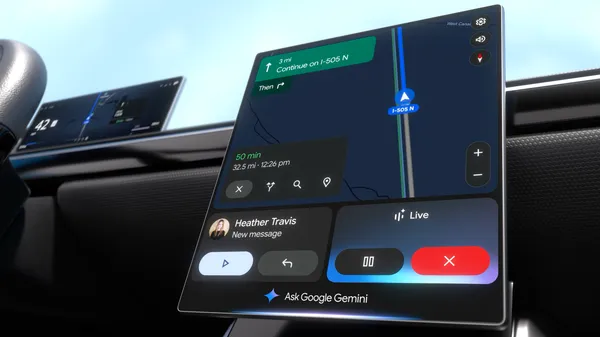






































![iPhone 17 Air Could Get a Boost From TDK's New Silicon Battery Tech [Report]](https://www.iclarified.com/images/news/97344/97344/97344-640.jpg)
![Vision Pro Owners Say They Regret $3,500 Purchase [WSJ]](https://www.iclarified.com/images/news/97347/97347/97347-640.jpg)
![Apple Showcases 'Magnifier on Mac' and 'Music Haptics' Accessibility Features [Video]](https://www.iclarified.com/images/news/97343/97343/97343-640.jpg)
![Sony WH-1000XM6 Unveiled With Smarter Noise Canceling and Studio-Tuned Sound [Video]](https://www.iclarified.com/images/news/97341/97341/97341-640.jpg)














![How to upgrade the M4 Mac mini SSD and save hundreds [Video]](https://i0.wp.com/9to5mac.com/wp-content/uploads/sites/6/2025/05/M4-Mac-mini-SSD-Upgrade-Tutorial-2TB.jpg?resize=1200%2C628&quality=82&strip=all&ssl=1)








































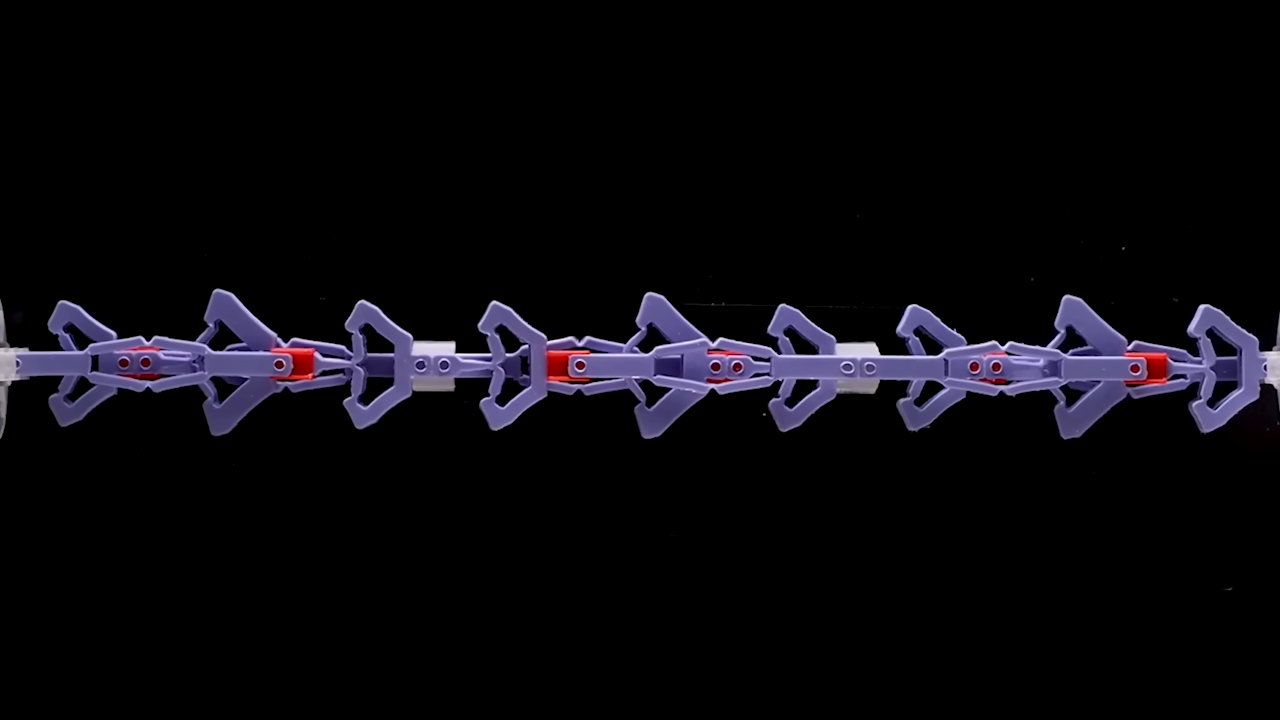


































































































































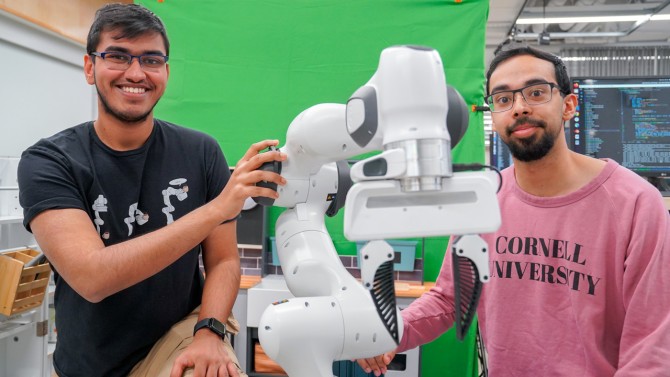



























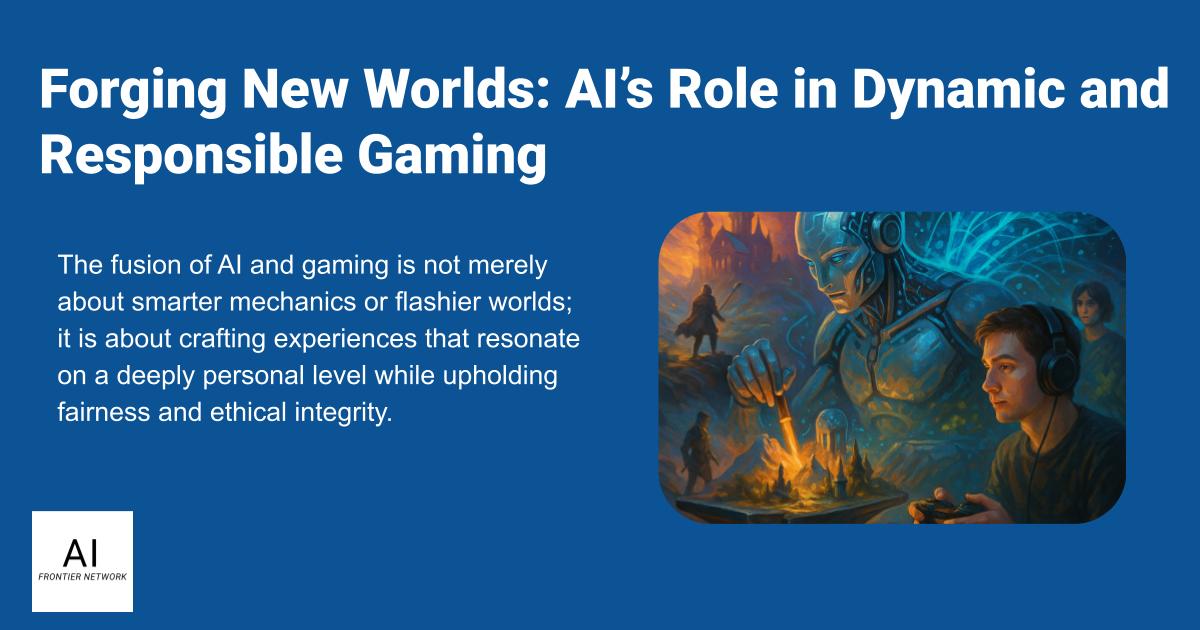
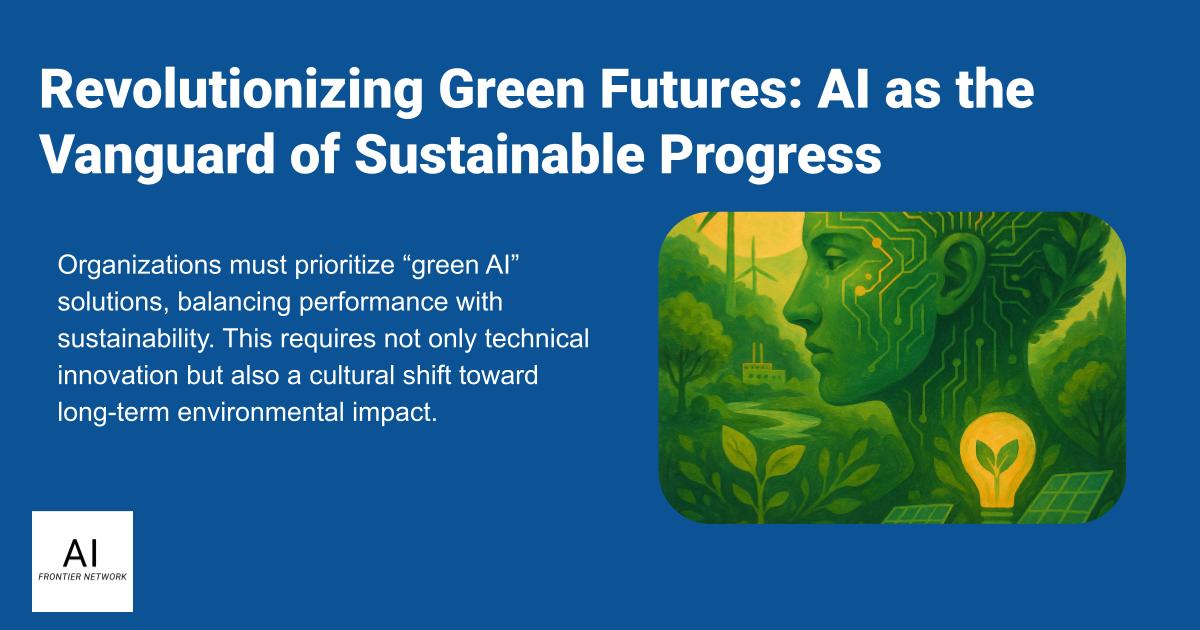
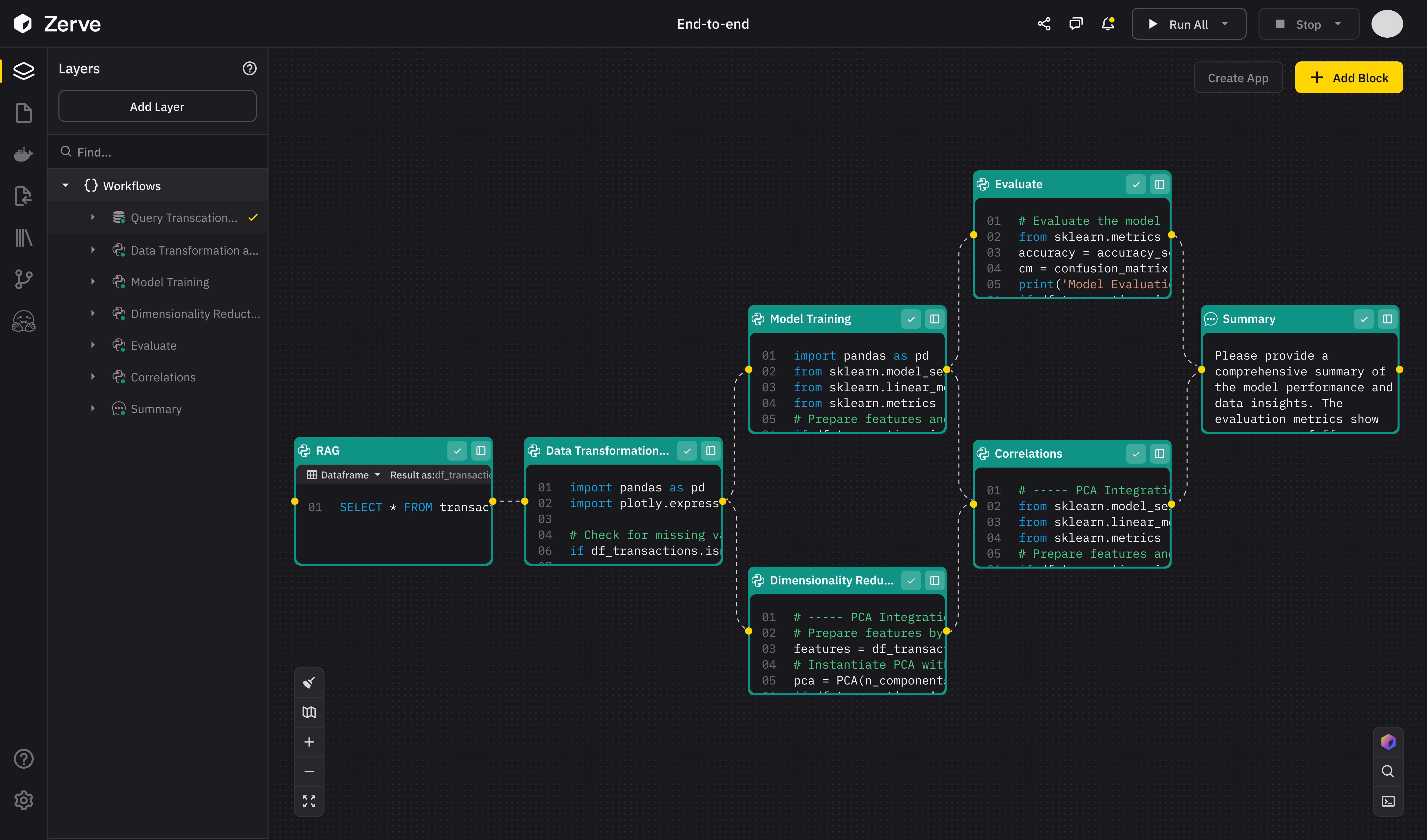












![[The AI Show Episode 147]: OpenAI Abandons For-Profit Plan, AI College Cheating Epidemic, Apple Says AI Will Replace Search Engines & HubSpot’s AI-First Scorecard](https://www.marketingaiinstitute.com/hubfs/ep%20147%20cover.png)
























![How to Enable Remote Access on Windows 10 [Allow RDP]](https://bigdataanalyticsnews.com/wp-content/uploads/2025/05/remote-access-windows.jpg)






































































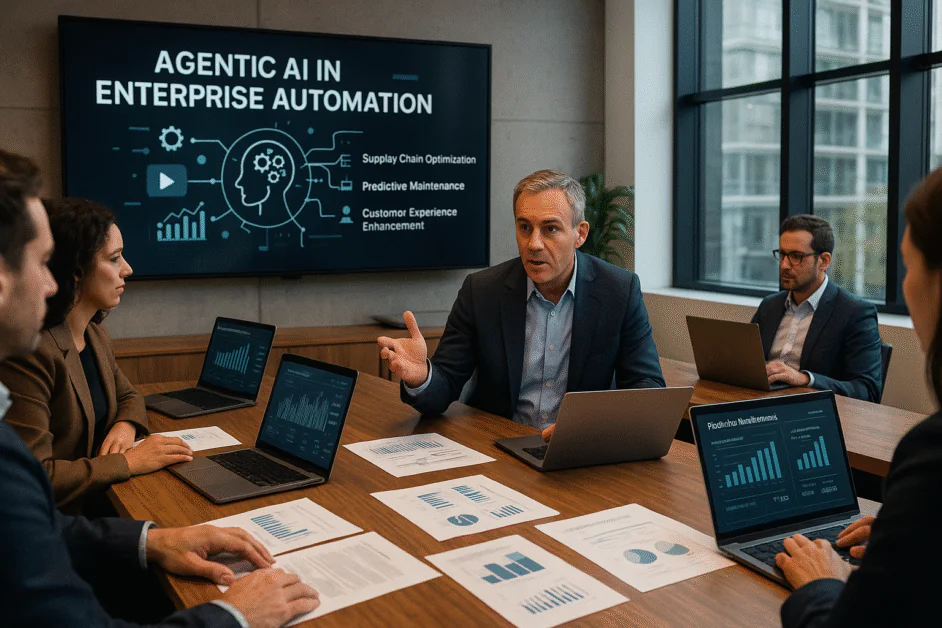















![How to make Developer Friends When You Don't Live in Silicon Valley, with Iraqi Engineer Code;Life [Podcast #172]](https://cdn.hashnode.com/res/hashnode/image/upload/v1747360508340/f07040cd-3eeb-443c-b4fb-370f6a4a14da.png?#)



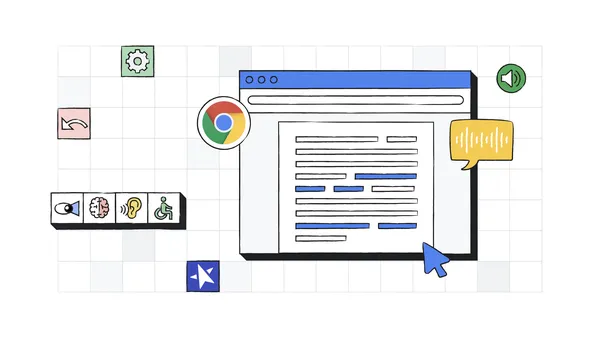
























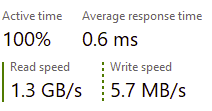










































-Marathon-Gameplay-Overview-Trailer-00-04-50.png?width=1920&height=1920&fit=bounds&quality=70&format=jpg&auto=webp#)
























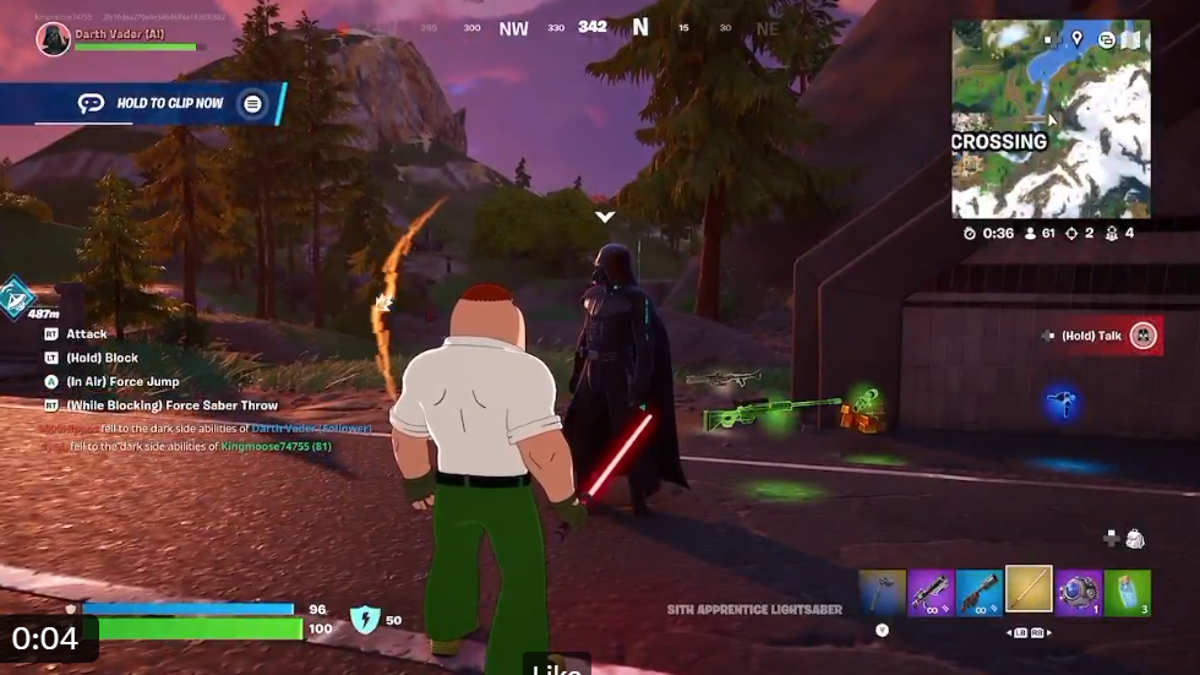









































 thecloudarchitect.gumroad.com
thecloudarchitect.gumroad.com
